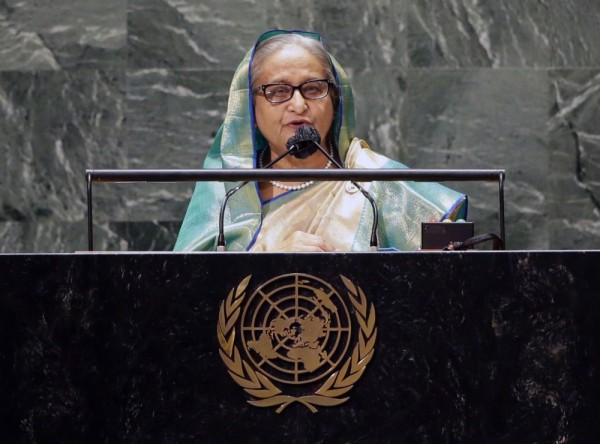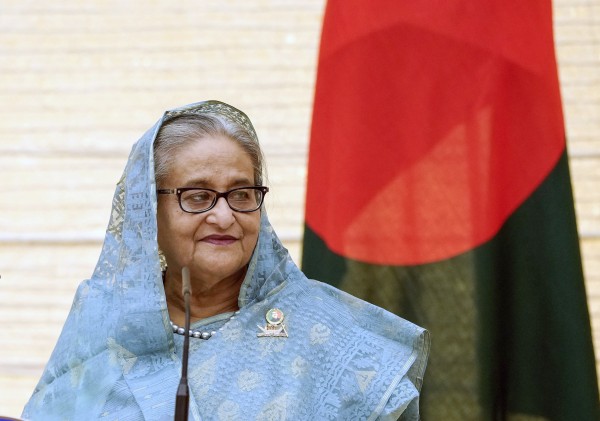An IPI press freedom advocacy mission will visit Bangladesh from 2-6 December 2009, to meet with representatives from a broad range of media as well as top government officials and members of civil society.
The mission will follow up on some of the issues discussed in the December 2008 IPI press freedom mission and assess the current media and press freedom environment in the country.
“The government under Prime Minister Sheikh Hasina has taken some important steps, demonstrating its appreciation of the importance of press freedom,” said IPI Director David Dadge. “However, Bangladesh has yet to carry out a thorough legislative reform in order to reflect international press freedom standards; and impunity and political polarization of the media are serious problems that need to be addressed.”
Dadge will join the mission to Bangladesh together with IPI member Trine Ostlyngen, Former President of the Institute of Journalism in Oslo, Norway, and IPI Press and Communications Manager Anthony Mills. The mission is locally coordinated by IPI Board Member and National Committee Chairperson Monjurul Ahsan Bulbul, Head of News and Current Affairs at ATN Bangla.
Following the IPI mission to Bangladesh in 2008, the government repealed the controversial Emergency Powers Rules 2007, which allowed authorities to imprison journalists without a warrant. Furthermore, on 1 July 2009, Bangladesh enacted the long awaited Right to Information Act, which, despite some shortcomings, represents a milestone for investigative journalism in the country.
Concerns still remain with regard to provisions criminalising defamation included in Bangladesh’s Penal Code of 1860 and the Code of Criminal Procedure of 1898. The country has also yet to enact a Broadcasting Act, which would provide for the establishment of an independent Broadcasting Authority to oversee the issuance of broadcasting licenses as well as the regulation of terrestrial, satellite and cable broadcasting, with a view to promoting independent broadcasts.
The perceived lack of independence of the judiciary is also a matter of concern, in particular with regard to rural areas.
While the number of attacks against journalists has dropped considerably in recent years, impunity remains a major problem in Bangladesh. 15 journalists were killed in Bangladesh in the past 10 years. Many more have been attacked, tortured, and harassed. Investigations into these crimes have been scarce and perpetrators have seldom, if at all, been prosecuted.
The IPI delegation will meet with Bangladesh’s President, Zillur Rahman; Prime Minister Sheikh Hasina; and BNP Chairperson, Begum Khaleda Zia, Leader of the Opposition in parliament, as well as other political figures and elected officials, and representatives from the media.
The mission to Bangladesh is being undertaken with assistance from the Guardian Foundation.


